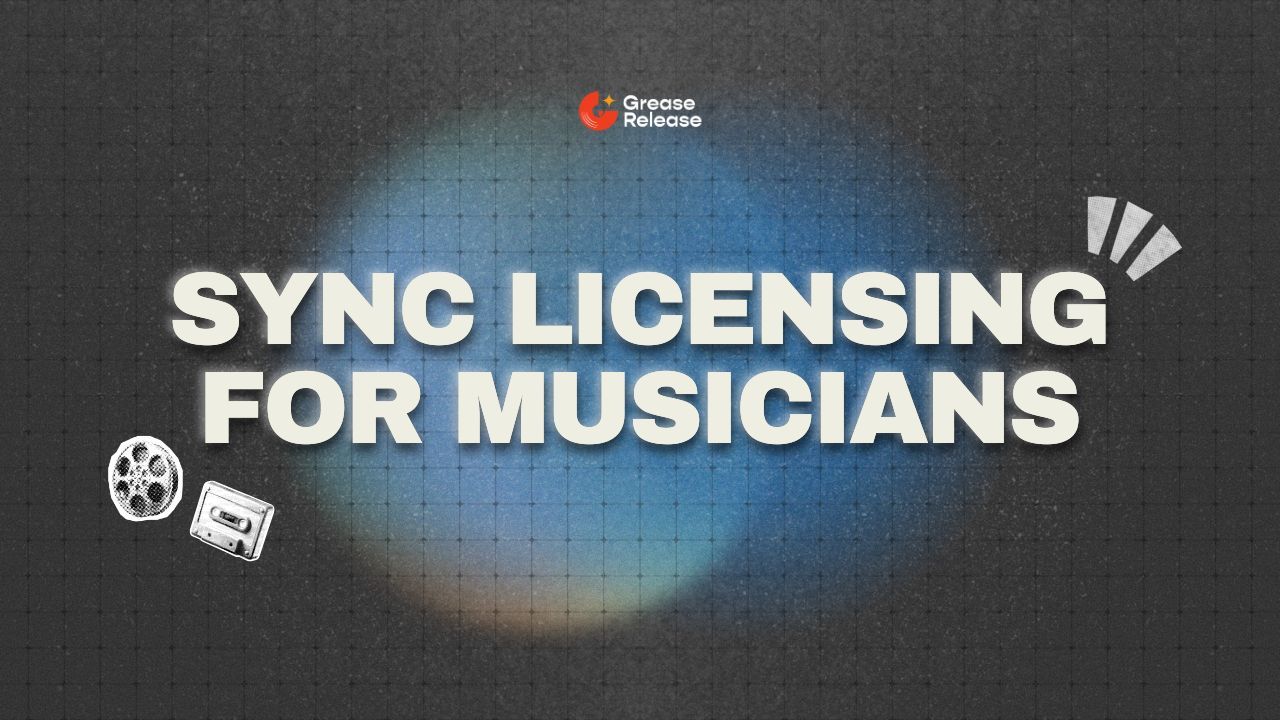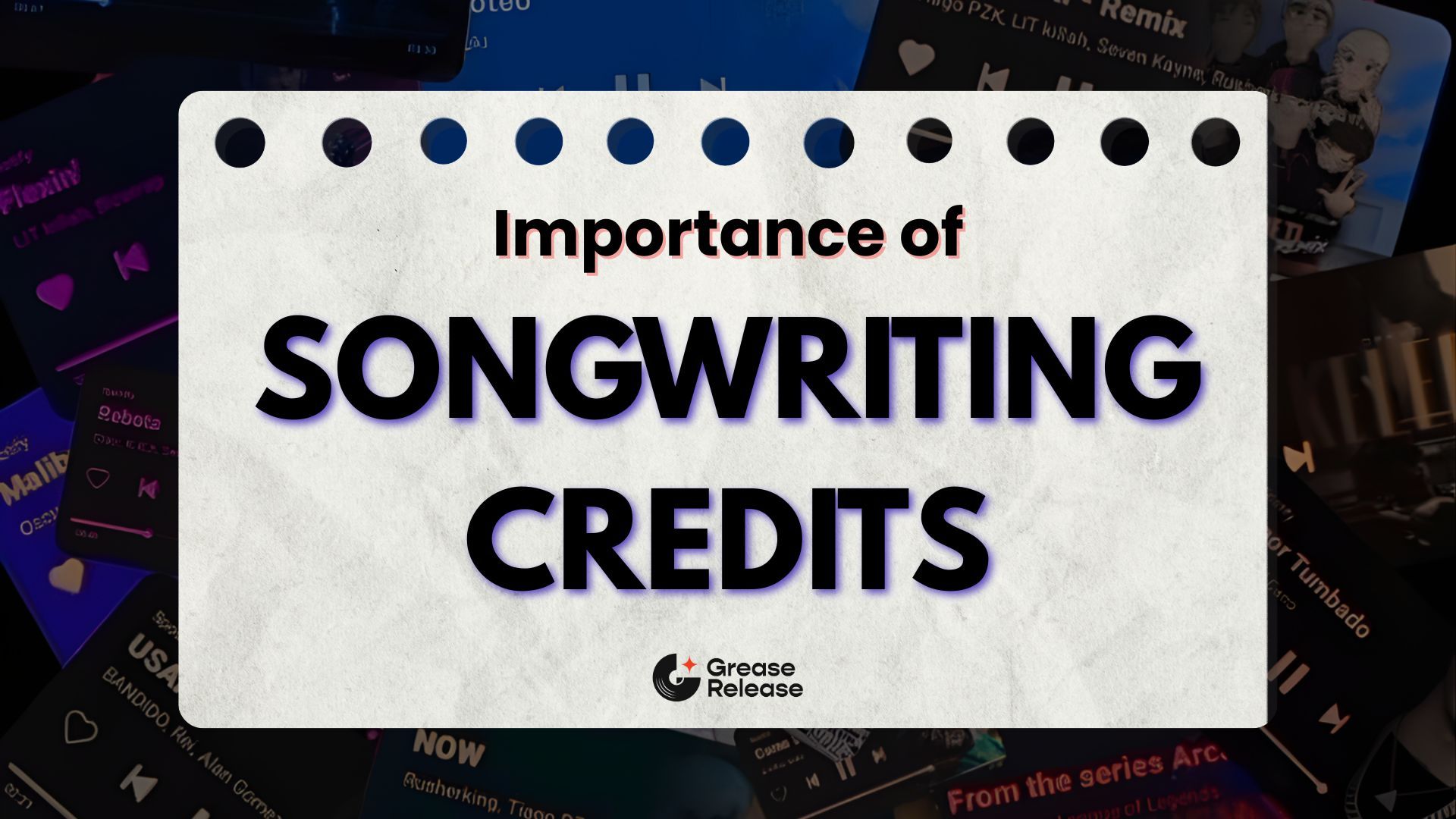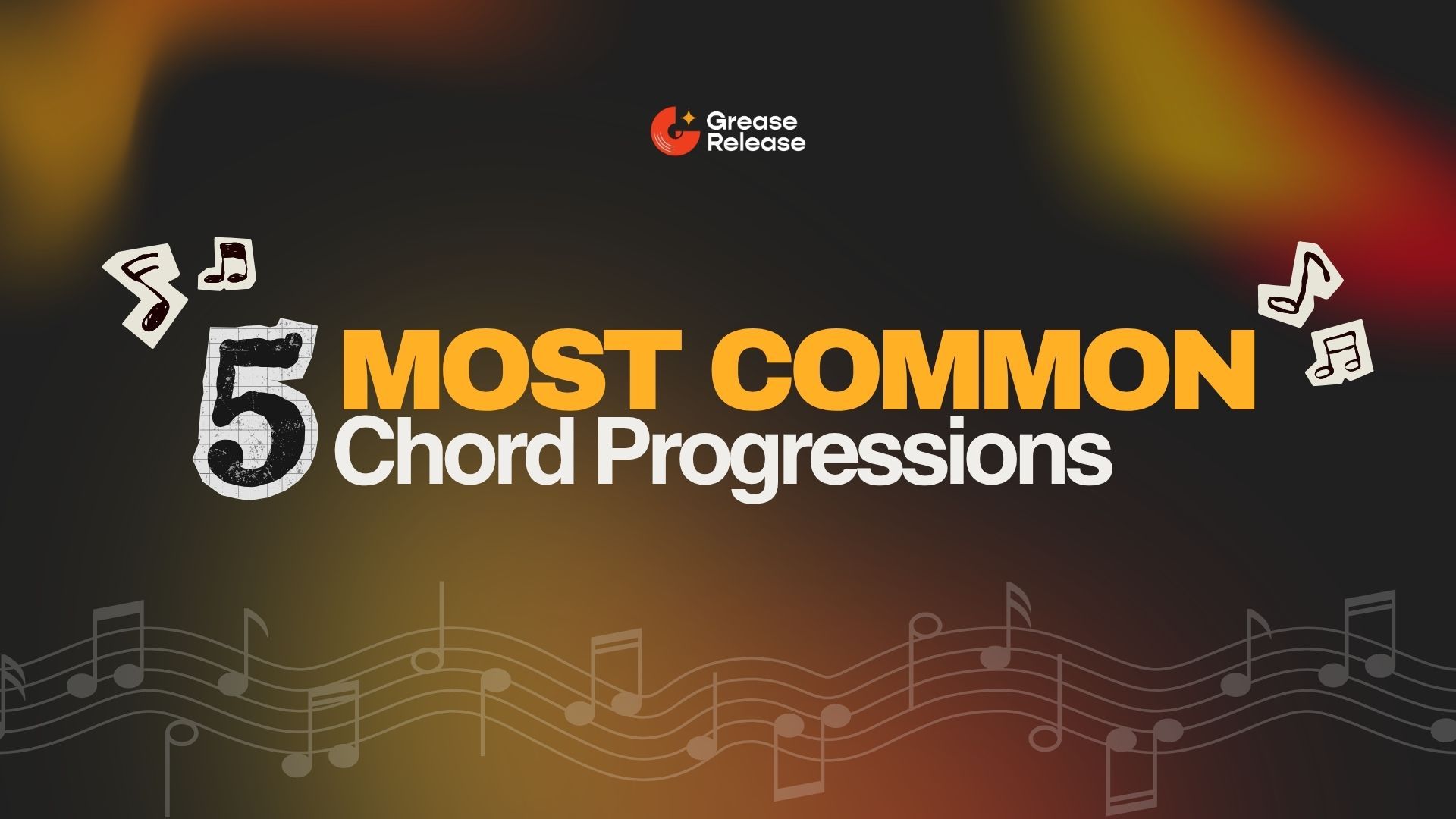
Financial Management Tips for Musicians
Dec 15, 2023How To Manage Your Finances as a Musician
Being an independent musician is an exciting journey filled with creative expression and the pursuit of one's passion. However, navigating the financial aspects of the music industry can be a daunting task. Without proper budgeting and financial management, your hard-earned money can easily slip through your fingers, and trust me, as a musician, the last thing you want is empty pockets. But fear not!
In this article, we will provide you with essential financial advice and budgeting tips to help you thrive in the music industry:
- 8 Financial Management Tips for Musicians
• Treat Your Music Career as a Business
• Embrace the Power of Saving
• Harness the Power of Spreadsheets
• Bootstrap Your Music Career
• Plan Your Expenses with Precision
• Seek Professional Advice
• Educate Yourself on Financial Management
• Stay Informed and Adapt - Our Final Thoughts
8 Financial Management Tips for Musicians
Treat Your Music Career as a Business
One of the most crucial steps in managing your finances as an independent musician is to treat your music career as a business. This mindset shift can make a significant difference in how you handle your finances. Start by setting up a separate bank account dedicated solely to your music income. Granted that it’s quite a tedious process, however, by being prepared with all the right documents and making rightly guided decisions, you can learn to categorise your expenses. By doing so, you can easily track your earnings and avoid the temptation of spending your music income on unrelated expenses. You don’t want your stream or performance royalties being spent on your daily groceries!
Additionally, it is essential to establish a structured system for disbursing money among your band members if you are part of a group. Whether it's weekly or monthly, having a set schedule for distributing shares ensures that everyone is paid in an organized and fair manner.
A rule that has been tried and tested and is vouched for, is the 50/30/20 rule in financial planning. Consider three total categories in which you shall be splitting your money - savings, basic needs, and wants - things you may want to consider as a luxury. The idea is to save 20%, of your total income, and spend 50% of your total income on your basic needs, such as rent and water bills, groceries, and so on. And the rest 30% of your income could be dedicated to things you may want, but aren't absolutely necessary for your livelihood. As a musician, you could save 20% of your income, spend 50% on your basic needs, and invest the rest 30% on things you'd ultimately want or could make a difference in your music career - maybe a good quality recording microphone, or a marketing campaign on Spotify and so on.

Embrace the Power of Saving
While it may not be the most glamorous aspect of financial management, saving is a crucial habit that every independent musician should develop. Regardless of your current income level, it is essential to set aside a portion of your earnings for the future. Even a small percentage can add up over time, providing you with a financial safety net and the ability to invest in your music career when opportunities arise.
Consider opening a dedicated savings account and depositing a portion of your income into it regularly. This will help you resist the urge to spend all your earnings, providing you with financial security and the ability to make strategic moves when the time is right. This saved-up money can later be put in as an investment in avenues such as promotion, paying session musicians, or even purchasing audio equipment.

Harness the Power of Spreadsheets
While spreadsheets may not be the most exciting and visually appealing tool for artists, they can be your best friend when it comes to managing your finances. As an independent musician, your income can fluctuate greatly from month to month. You could get loads of work in one month with no time to sit and the next month you could be staring at an empty bank account due to the lack of work incoming. Talk about uncertainty! By keeping track of your income and expenses on a spreadsheet, you can gain a better understanding of your financial situation and make informed decisions. You could also check out our very own, ready-to-use, free-of-cost Music Marketing Budget Planner we made, to keep your finances in check and organised too.

Create a comprehensive spreadsheet that categorises your income and expenses, dividing them into sections such as touring, recording, and publishing. By tracking your finances over time, you can identify trends in your income and plan accordingly. Spreadsheets not only provide you with a clear picture of your financial progress but also allow you to make adjustments to your budget to avoid overspending during slower periods.
You could also use different apps to track your expenses, splits, and so on. A few of these apps include Jupiter, Wallet, and Spending Tracker. The idea is to make this task a lot more easy to follow and draw conclusions from.

Bootstrap Your Music Career
As an independent musician, it's essential to adopt a mindset of entrepreneurialism. Instead of waiting for a big advance or relying on external funding, focus on generating income from your music as early as possible. This approach, often referred to as "bootstrapping," allows you to start creating and distributing your music with the resources you have at hand.
You could kickstart your bootstrapping with a zero-budget plan. With free music marketing tools, you could invest your time and energy in improving your craft and leveraging your existing network. Utilise affordable or free resources to record and produce your music, such as home recording setups or local studios that offer discounted rates. To start, you could even use free DAWs such as Audacity and GarageBand.
Plan Your Expenses with Precision
When it comes to funding your music projects, whether it's recording new tracks or embarking on a tour, it's crucial to plan your expenses meticulously. Before diving into a new project, take the time to create a detailed budget that outlines all the necessary costs.
Break down your expenses into categories such as rehearsal studio and recording studio costs, equipment purchases or rentals, session musician fees, producer and engineer fees, album artwork, and digital distribution costs. By planning ahead, you can have a clear understanding of how much money you will need and make informed decisions about where to allocate your funds.
Consider utilizing online budgeting tools or apps like YNAB and GoodBudget, that can help you stay organized and keep track of your expenses. These tools can streamline your financial management process and ensure that you stay within your budgetary limits.

When delving into the financial aspects of your music projects, it's essential to not overlook the subject of tax payments. In the United States, a significant number of musicians are subject to tax obligations. Navigating the tax process need not be daunting—start by keeping meticulous records of your income and expenses.
As a musician, you are considered self-employed, so be prepared to file taxes accordingly. Utilize tax software or consult with a tax professional to ensure you take advantage of relevant deductions and credits. By understanding and addressing your tax responsibilities upfront, you can maintain financial clarity and avoid any unpleasant surprises down the road.
Diversify Your Income Streams
Relying solely on one source of income can be risky in the music industry. To create a more stable financial foundation, explore opportunities to diversify your income streams. Look beyond traditional revenue sources like music sales or streaming and consider alternative avenues to generate income. As a musician, you should be able to don multiple hats and actually be a jack of all trades. Dive into passive income streams, such as teaching and conducting workshops or even selling automated digital products such as sample packs and VSTs.

For example, you can sell merchandise, offer music lessons or workshops, explore licensing opportunities for your music in film and television, or even consider crowdfunding campaigns for specific projects. By diversifying your income streams, you can reduce financial dependence on a single source and create multiple avenues for revenue generation.
Additionally, in today's digital age, building a strong presence on social media platforms, especially TikTok and Instagram, can open up new avenues for monetization. If you can amass a substantial following, you have the potential to turn your online presence into a source of income. Engage with your audience, share behind-the-scenes content, and leverage your music to create trends. Through partnerships, sponsored content, or even the use of affiliate marketing, musicians can capitalize on their social media influence, turning clicks into revenue. The key is authenticity and consistent engagement, as a strong social media presence can be a game-changer for your financial success in the music industry.
Seek Professional Advice
While managing your finances as an independent musician can be challenging, you don't have to go it alone. Consider seeking professional advice from financial advisors who specialize in working with artists and musicians. They can provide valuable insights and guidance tailored specifically to your unique financial situation.
Financial advisors can help you develop a personalized financial plan, navigate tax obligations, and make informed decisions about investments and savings strategies. Their expertise can empower you to make sound financial choices and maximize your earning potential in the music industry.
Educate Yourself on Financial Management
To gain control over your finances as an independent musician, it's essential to educate yourself on financial management principles. Take the time to learn about budgeting, saving, investing, and tax planning. Numerous resources, both online and offline, offer valuable information and guidance on personal finance.
There are many YouTube channels that provide beginner, intermediate, and advanced-level knowledge of financial management. Some of these key YouTubers are Ali Abdaal, Charlee Wayne, and Graham Stephen.
Consider enrolling in online courses or workshops that focus on financial management for artists and musicians. These educational opportunities can equip you with the knowledge and skills needed to make informed financial decisions and build a solid foundation for your music career.
Stay Informed and Adapt
The music industry is constantly evolving, and it's crucial to stay informed about industry trends, new revenue streams, and financial opportunities. Subscribe to industry newsletters, follow reputable music business blogs, and engage with fellow musicians to stay up to date with the latest developments.
Follow YouTubers such as Damian Keyes, Adam Ivy, and so on to always be updated on the recent news and current affairs in the music industry, the streaming platforms, and anything new that may help you, as a musician, to better allot your expenses on strategies that work.

Be open to adapting your financial management strategies as your music career progresses. What works for you when you're starting out may need adjustments as your income grows or your expenses change. Regularly review and reassess your financial plan to ensure that it aligns with your current circumstances and goals.
Our Final Thoughts
Budgeting and financial management are vital skills for independent musicians looking to thrive in the music industry. By treating your music career as a business, saving diligently, tracking your income and expenses, and planning your expenses strategically, you can take control of your finances and maximize your earning potential.
Remember to diversify your income streams, seek professional advice, educate yourself on financial management, and protect your financial well-being with insurance. With a proactive approach to financial management, you can create a solid foundation for your music career and ensure long-term success in the industry.
So, take the first step today and start implementing these financial tips. Your artistry and financial stability will thank you in the long run. Happy budgeting, and may your music career soar to new heights.
We at GreaseRelease, have a bunch of curators on our network who are looking for new & exciting music to push on their massive playlists. If you make music and want to reach a wider audience, check out our submission platform and get a chance to reach millions of listeners! Submit your tracks now!
Don't miss my newsletter!
Join me on a music entrepreneurship journey with new tips and tricks delivered straight to your inbox.
We hate SPAM. We will never sell your information, for any reason.




